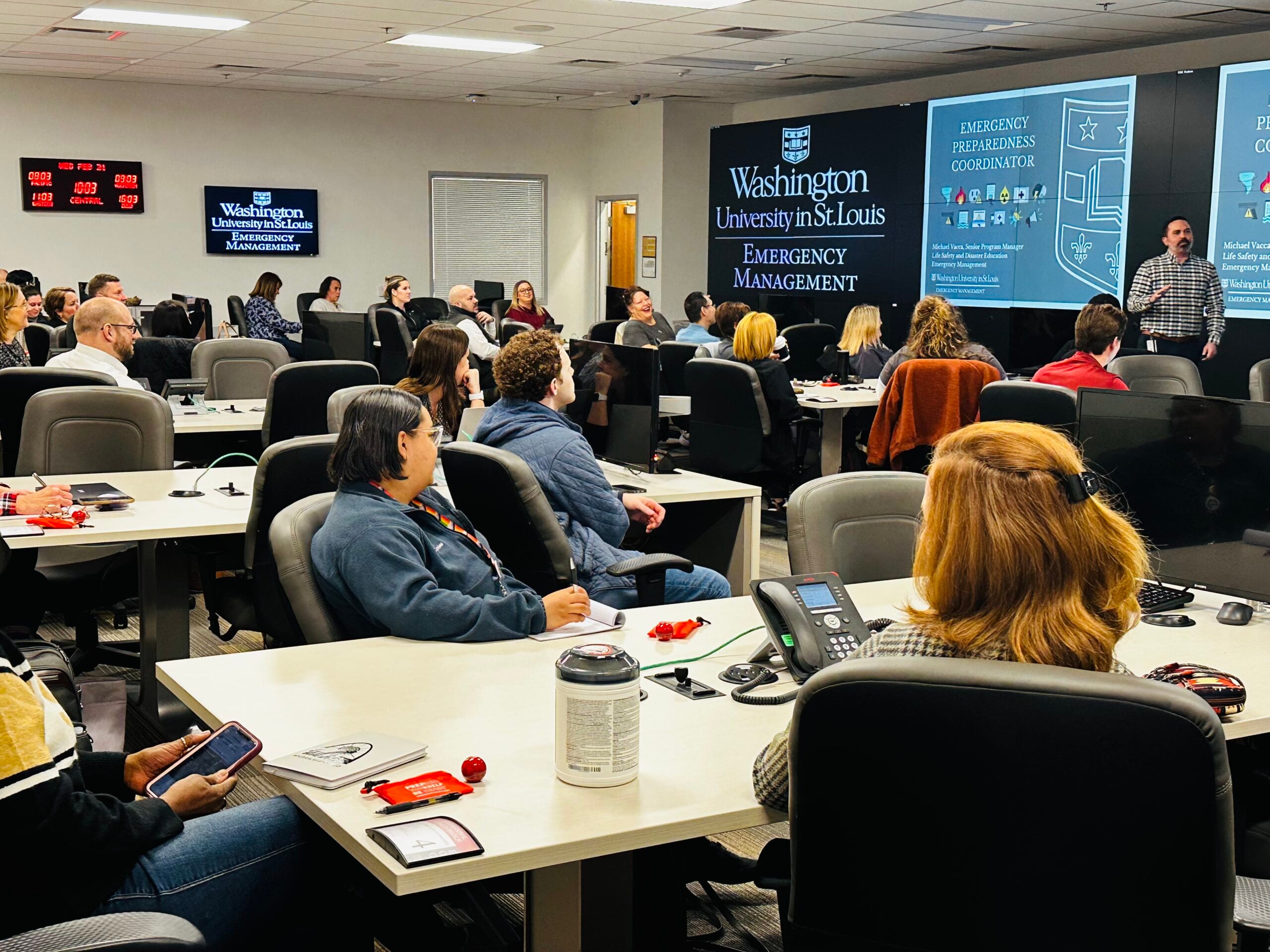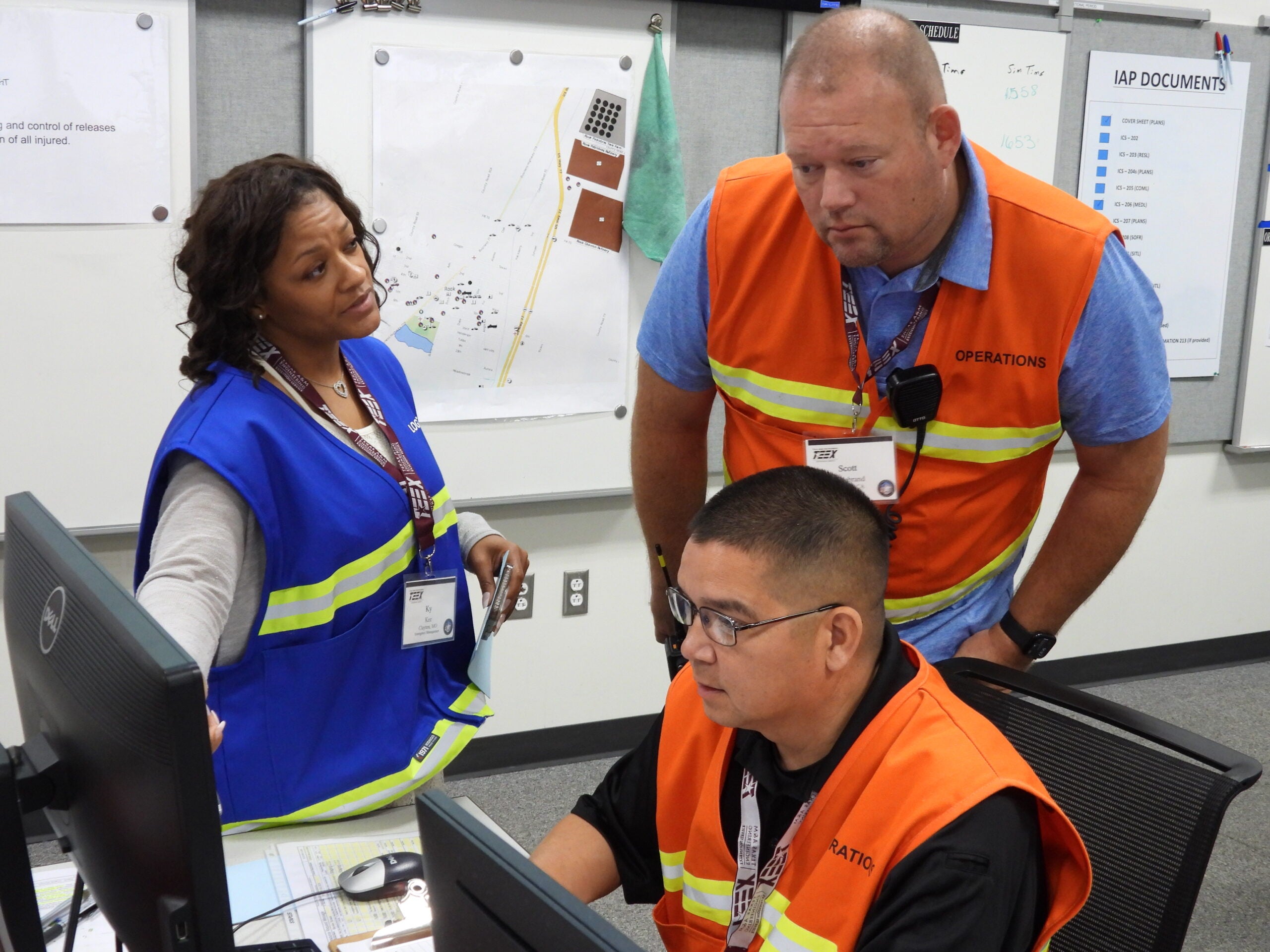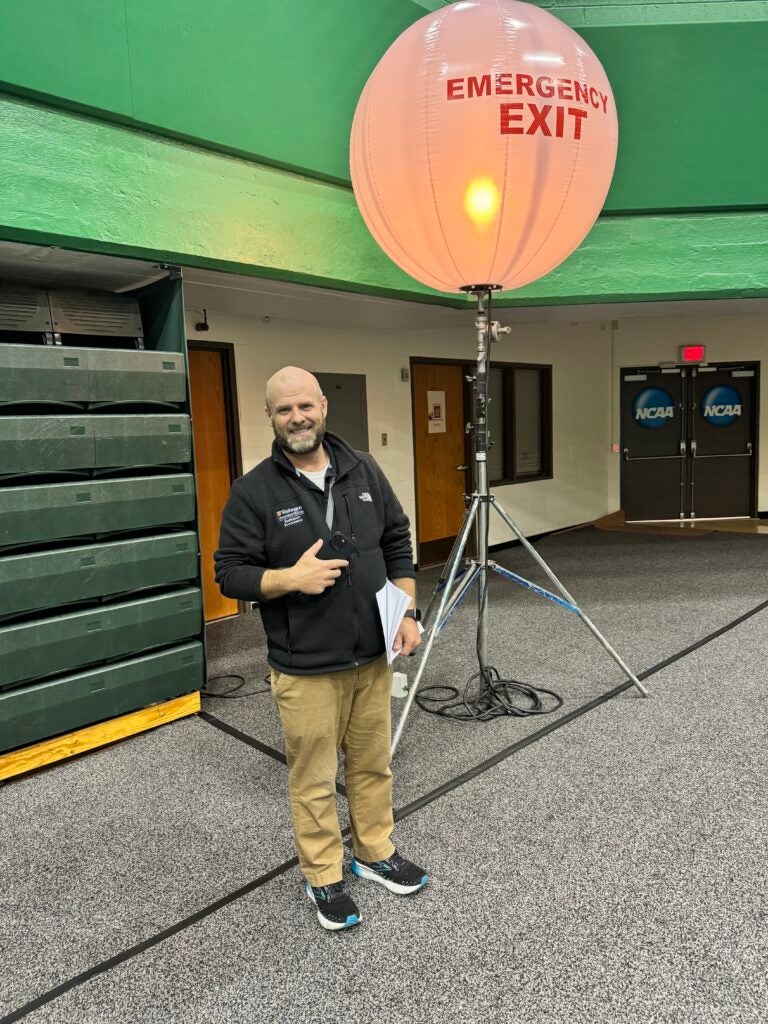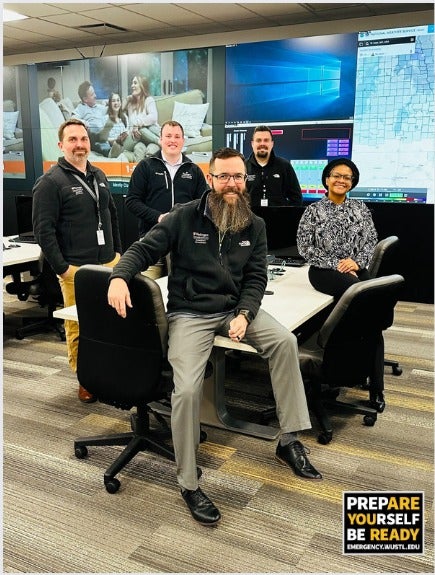The Washington University Emergency Management Department incorporates programs that address the four phases of emergency management. These programs increase the university’s ability to respond to and recover from an emergency by supporting the preparedness of faculty, staff and students.



Emergency Preparedness Coordinators (EPCs) and Key Management Contacts (KMCs)
The Emergency Preparedness Coordinator (EPC) and Key Management Contact (KMC) program is a university-wide initiative, designed to help each department or school prepare to respond to emergencies on campus. Department managers should designate an EPC and KMC, who will attend trainings on how to assist with immediate response actions during an emergency. Learn more here.
Initial Emergency Preparedness Coordinator (EPC) Training – 3rd and 4th Quarters
| Medical Campus | September 17, 2024 | 10 am | Mid Campus Center, Room 1400 (EOC first floor) |
| Danforth Campus | September 18, 2024 | 9 am | Danforth University Center (DUC) Room 276 |
| Medical Campus | November 5, 2024 | 10 am | Mid Campus Center, Room 1400 (EOC first floor) |
| Danforth Campus | November 6, 2024 | 9 am | Danforth University Center (DUC) Room 276 |
As a friendly reminder, you only need to register for one session, as each training is identical and offered at two different locations (Med Campus and Danforth) each quarter. Please go here to register for the course. Enrollment is mandatory due to limited seating. If you have any questions, please do not hesitate to email Senior Program Manager Michael Vacca vacca@wustl.edu.
KMC responsibilities
- Receive emergency notifications if an emergency occurs in your building that may impact operations (e.g. power outage, flooding).
- Share emergency information with applicable faculty, staff and students. Learn more here.
AED Program
Sudden cardiac arrest is one of the leading causes of death in the United States. In the event of a cardiac arrest, an automated external defibrillator (AED) can deliver a lifesaving electric shock to the heart to try to restore a normal rhythm. There are more than 400 AEDs located across WashU’s campuses. Learn more here.
Bleeding Control Program
The WashU Bleeding Control Program helps the community and its first responders prepare for and respond to mass casualty events. Medical oversight is provided by Dr. David Tan, Associate Professor, Emergency Medicine and Emergency Medical Services Section Chief. Learn more here.
Plans – Emergency Assembly Points
The Emergency Management Department aims to improve the readiness of the WashU community by providing training and education, conducting fire drills, installing automated external defibrillators, designating emergency assembly points, and creating tools and resources to aid faculty, staff and students. It’s necessary for everyone to be ready prior to an emergency in order to save lives. Learn more here.
WashU Continuity
The WashU Continuity Program is built to empower every part of the university to remain agile and resilient, ensuring the continuity of essential functions even in the face of unexpected disruptions. This adaptive approach allows the university to quickly adjust to new challenges, ensuring it remains operational and mission-focused, no matter the circumstances.


